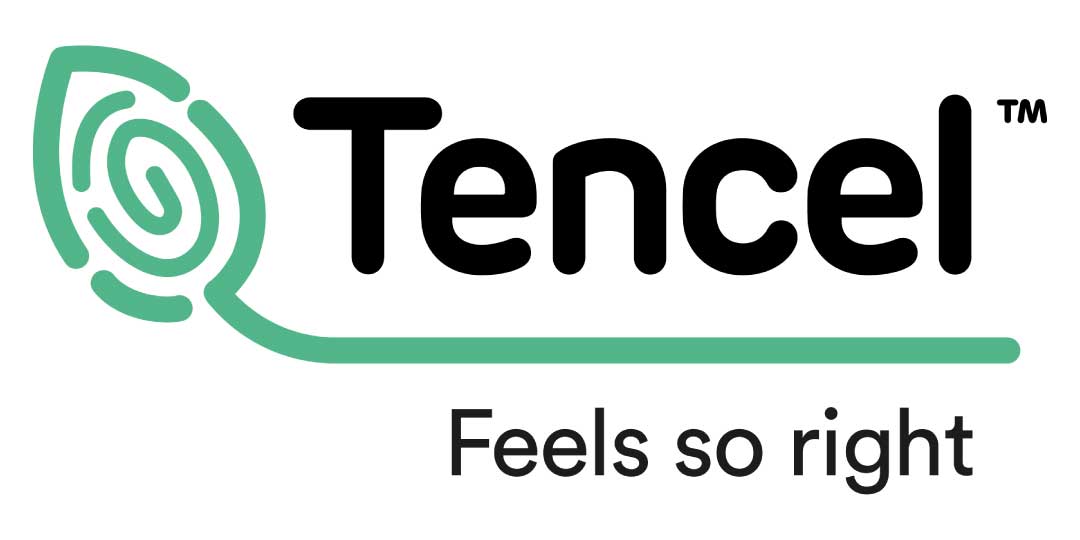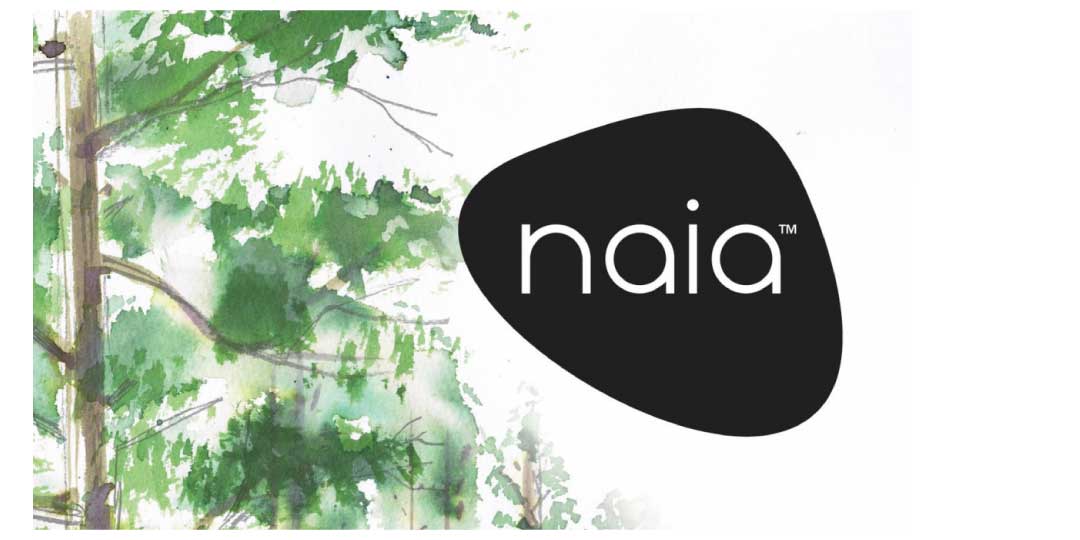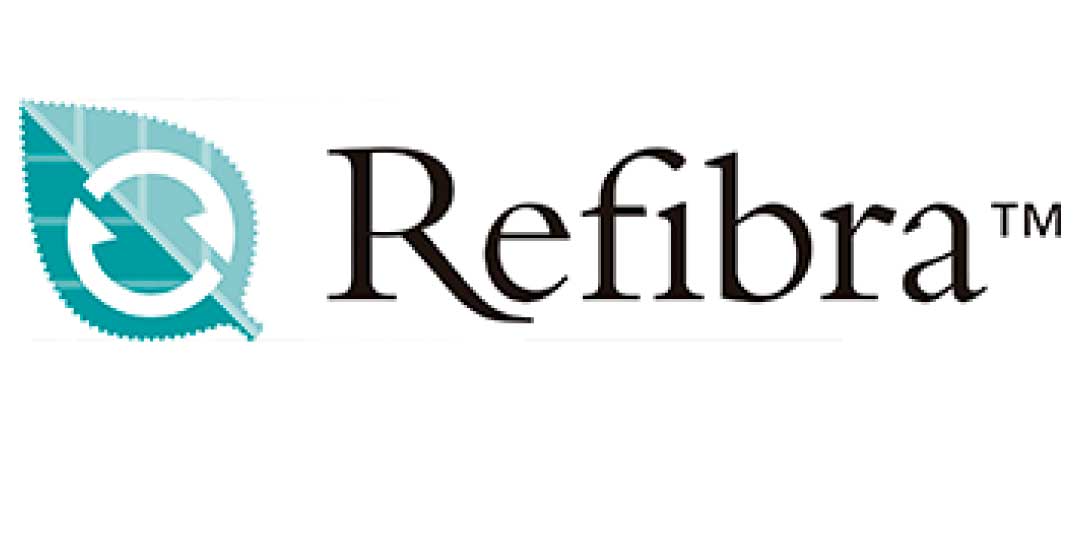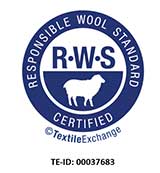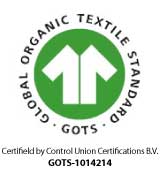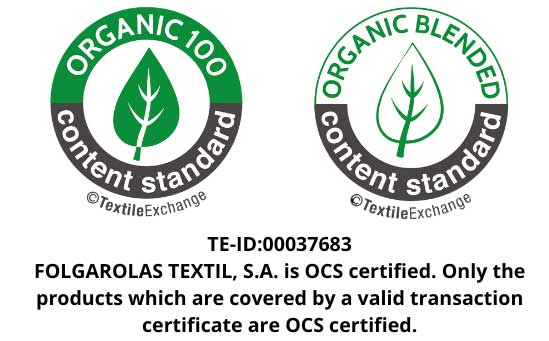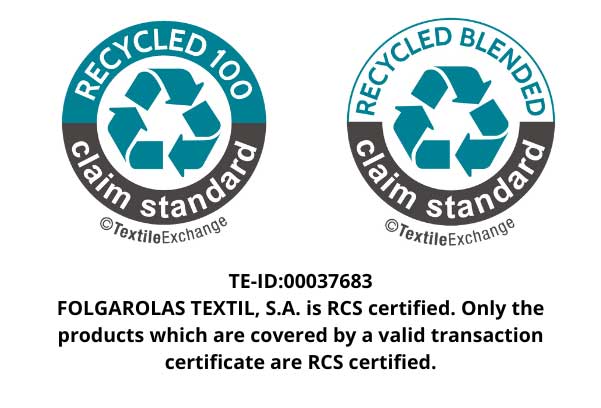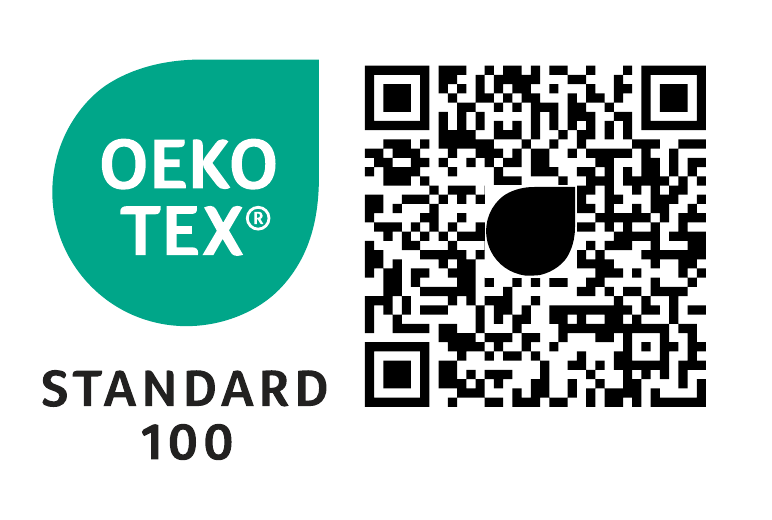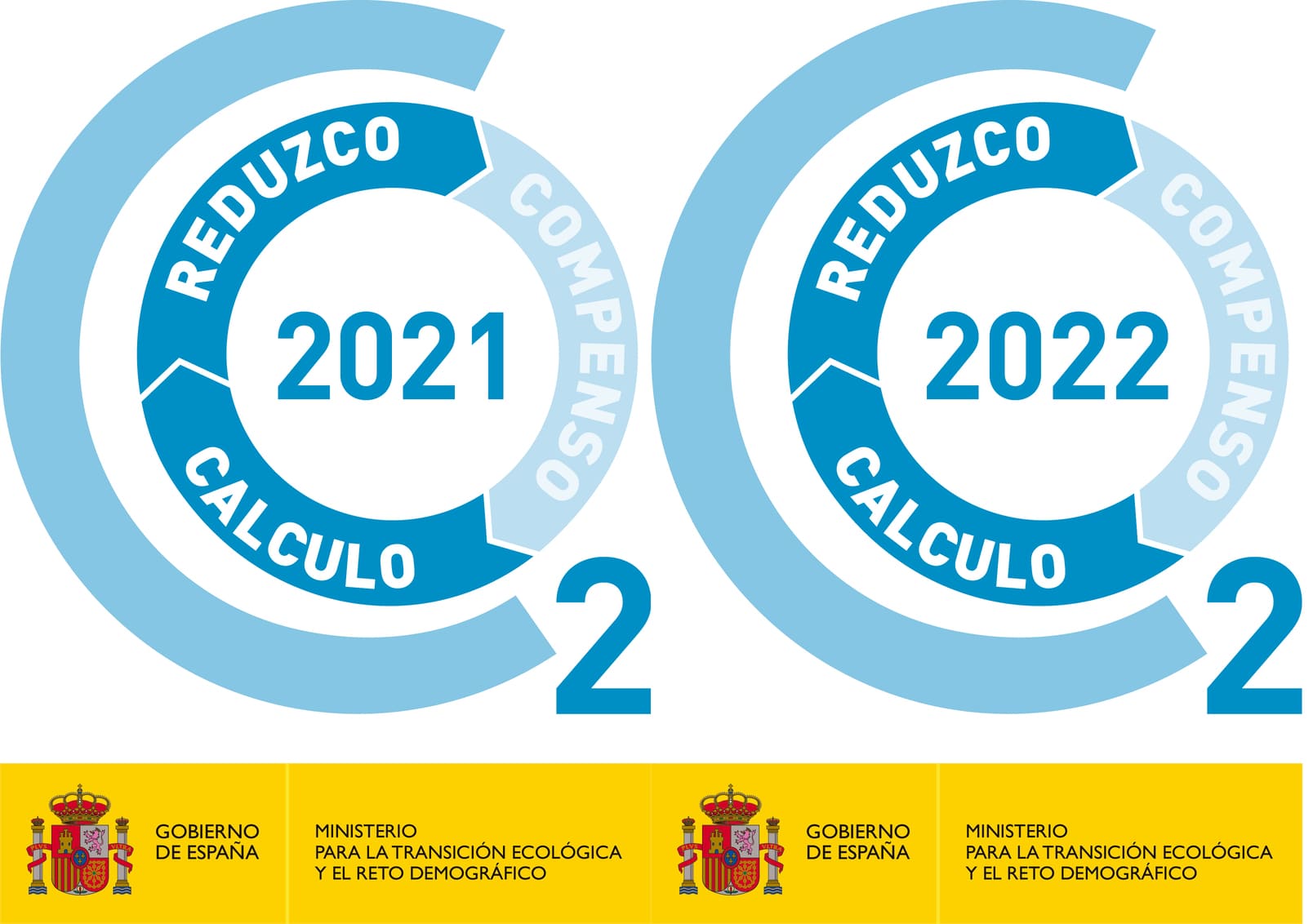A vision towards
sostenibilidad responsabilidad con propósito.
ECO Materials
Recycled materials
We find cotton and polyester. Cotton is an extremely resource intensive crop in terms of water, pesticides and insecticides. It means that the use of recycled cotton can lead to significant natural resource savings and reduce pollution from agriculture. Recycled polyester reduces our dependence on petroleum as a raw material for our fabric needs. Diversion of PET bottles for this process reduces landfill and thus reduces soil contamination and air and water pollution, and requires less energy than virgin polyester.
Our Certificates
MASTERS OF FLAX FIBRE™
Certificate Nº: BVFR7276569
EUROPEAN FLAX® is the qualitative certification of premium European linen fibre for all applications. Encompasses all the employed uses and products with a linen fibre base, as much fashion and home textile. It preserves, highlights and safeguards a uniquely European agriculture and industry, its regional origins and its inherent non-relocatable know-how. A global label that aims to be recognized by the consumer.
Global Organic Textile Standard – GOTS
GOTS was developed by leading standard-setters to define globally recognised requirements for organic textiles. From the collection of raw materials, environmentally and socially responsible manufacturing to labelling, GOTS-certified textiles provide a reliable guarantee for the consumer.
STANDARD 100 by OEKO-TEX ®
It guarantees the safety of the homogeneous human-ecological product, during the duration of the certification, through the analysis of harmful substances in raw, intermediate and final textile products in all manufacturing phases, as well as for the materials and accessories used.

